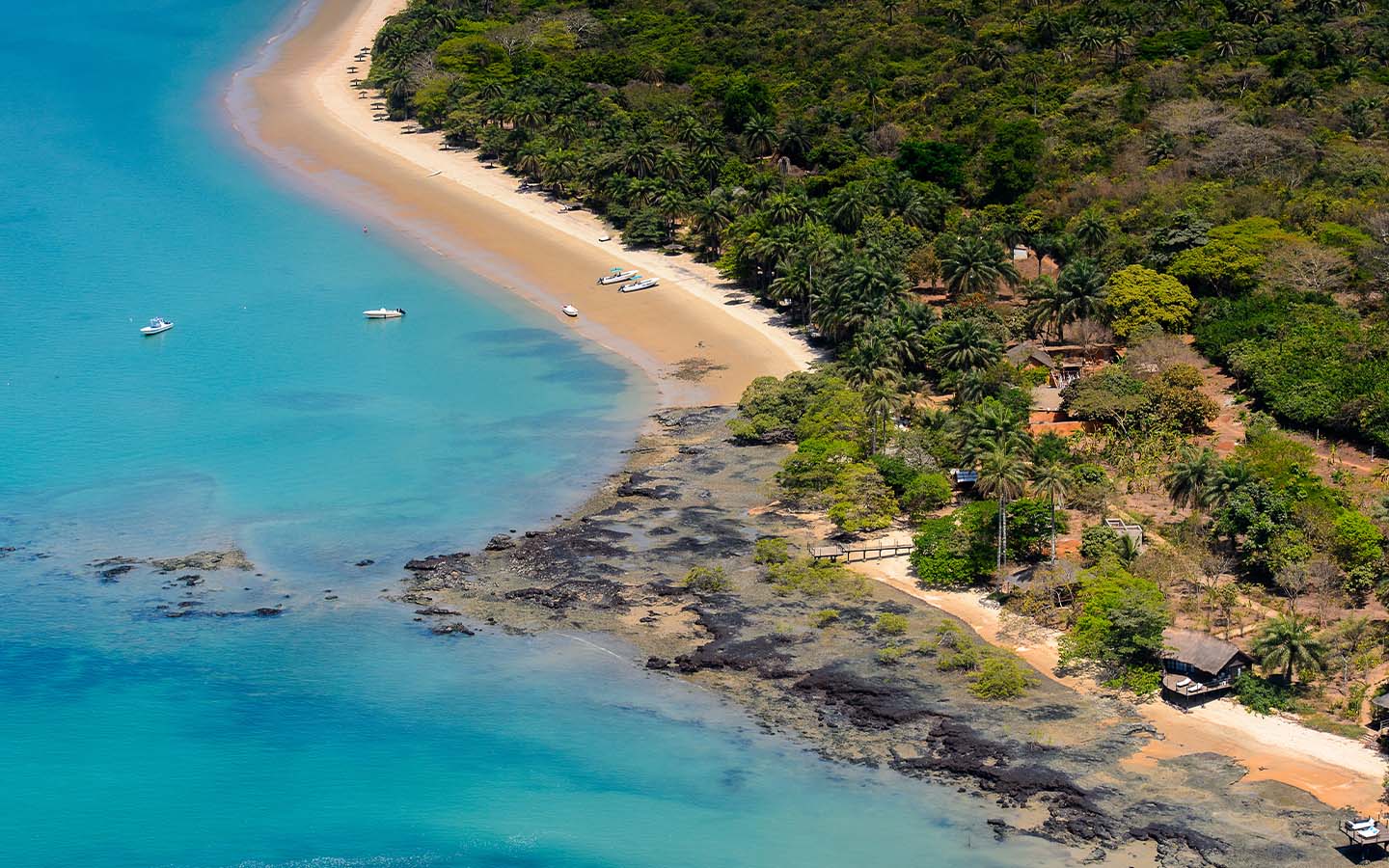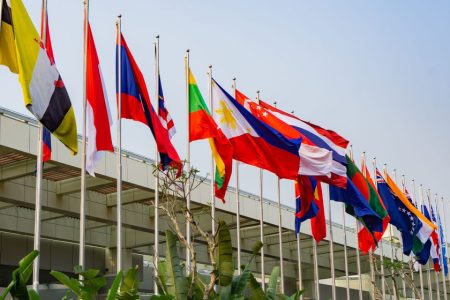Guinea-Bissau is set to propose the Bijagós archipelago as a candidate for World Heritage status in February 2024, reports Lusa.
Aissa Regalla de Barros, director-general for the Institute of Biodiversity and Protected Areas (IBAP), noted that the site is already a protected area and a UNESCO-designated Biosphere Reserve. She says that the dossier for the World Heritage status submission, also determined by UNESCO, is ready with “just one or two documents to complete.”
After the previous bid was turned down in 2017, UNESCO provided guidance on additional documentation needed and expressed its openness to supporting the archipelago’s candidacy in the future. Local authorities also worked to increase the involvement of the community, garnering more support for the proposal. Regalla de Barros believes that “this time it will be accepted.”
[See more: São Tomé and Príncipe submits candidates for inclusion on UNESCO’s World Heritage List]
The Bijagós archipelago encompasses 88 islands and islets that span nearly 13,000 square kilometres. Only 20 of the islands are inhabited, home to around 33,000 people, the majority of which practise subsistence farming and fishing.
Bijagós features exceptional biodiversity, including a sizable population of Atlantic sea turtles and migratory shore birds like flamingos and pelicans, as well as one of the largest manatee colonies in the world. Unfortunately, the same currents that bring so much wildlife to the islands also bring marine debris.
Guinean authorities hope to use a new underwater monitoring drone, donated as part of a multinational sailing expedition launched from Portugal, to aid in their efforts to combat the problem. The threat of sea-borne pollution has been a cause for concern among those analysing and deciding on the World Heritage application.






